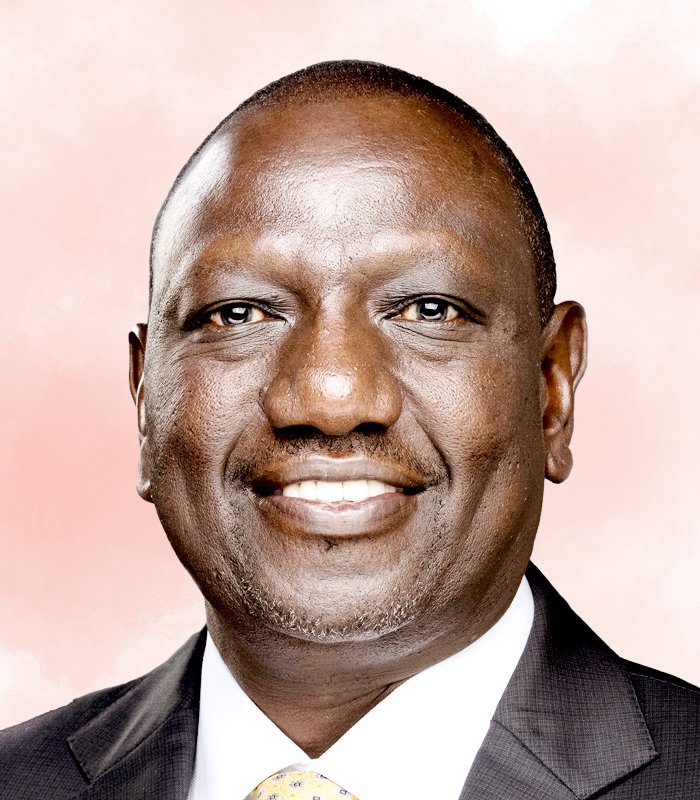Annette Clayton is CEO of Schneider Electric North America. In her role overseeing the energy-management company’s regional business strategy, Clayton has shaped it into an industry leader in sustainable electrical systems and supply chains.
What is the single most important action you think the public, or a specific company or government, needs to take in the next year to advance the climate agenda?
With greater understanding of our electricity use, we can sustainably disrupt the three most significant sectors [so that they reorient towards] net zero: buildings, supply chain, and infrastructure. Governments and the private sector must focus their efforts on enabling rapid deployment and uptake of solutions such as microgrids that will optimize the way energy is managed.
What is a climate technology that isn’t getting the attention or funding it deserves?
We need to bring more attention to solutions such as virtual power plants and distributed energy resource management systems, which are pivotal to tackling climate change. They bring together diverse distributed energy resources, such as rooftop solar, home batteries, EVs, and heat pumps, enhancing grid resilience and flexibility. By facilitating real-time coordination of these tools, we can ensure efficient energy consumption and reduce our reliance on fossil fuels. Together, they enable a decentralized and more democratic clean energy future, capitalizing on local renewable sources and technological advancements to create a sustainable, low-carbon energy system.
What’s the most important climate legislation that could pass in the next year?
Recent laws like the U.S. Inflation Reduction Act represent a once-in-a-generation investment in climate action, and Schneider Electric is working with partners and customers to maximize the use of incentives these laws offer. Full and strategic implementation of these laws is paramount, but additional legislation around permitting reform, research and development, and supply chains could change the landscape for climate action in the U.S. Removing overly burdensome requirements for projects, bringing U.S. investment in energy research and development on par with its competitors, and bolstering critical supply chains would increase U.S. competitiveness, limit supply chain disruptions, and make the grid more resilient and reliable.
- Cybersecurity Experts Are Sounding the Alarm on DOGE
- Meet the 2025 Women of the Year
- The Harsh Truth About Disability Inclusion
- Why Do More Young Adults Have Cancer?
- Colman Domingo Leads With Radical Love
- How to Get Better at Doing Things Alone
- Michelle Zauner Stares Down the Darkness





